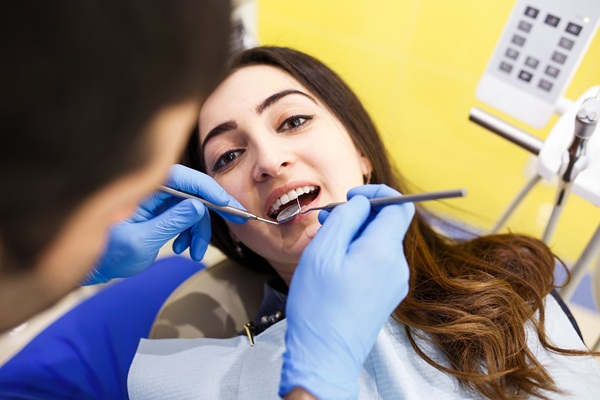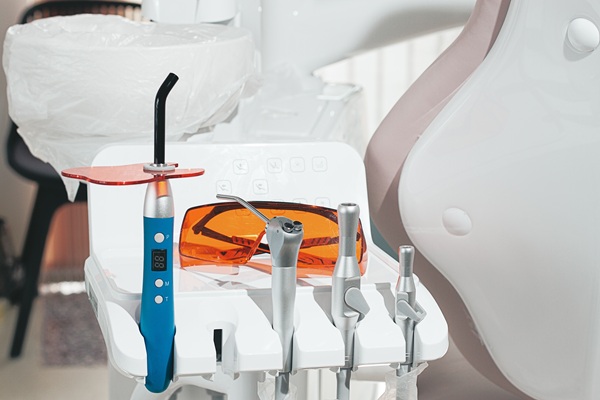The Dangers of Smoking With New All-on-4 Implants

Smoking after receiving All-on-4 dental implants can severely compromise healing, reduce implant success rates, and increase the risk of long-term complications. All-on-4 treatment relies on the secure integration of dental implants into the jawbone, a process known as osseointegration. Smoking disrupts this process by impairing circulation, reducing oxygen delivery, and slowing tissue regeneration, which can threaten the stability and longevity of the implants.
How smoking affects all-on-4 implant healing
The success of All-on-4 implants depends on the body’s ability to heal and bond the titanium posts to the surrounding bone. Nicotine in cigarettes causes blood vessels to constrict, limiting blood flow to the gums and jaw. This reduced circulation delays healing, increases inflammation, and creates an environment where bacteria can thrive.
Additionally, smoking weakens the immune system, making it more difficult for the body to fight off infections around the implant sites. Even a minor infection can interfere with the osseointegration process, leading to loosening or failure of the implants. The constant exposure to heat and harmful chemicals from smoking can also irritate delicate gum tissues, slow the formation of healthy bone, and weaken the foundation supporting the new implants.
Increased risk of peri-implantitis
One of the most serious complications linked to smoking with All-on-4 implants is peri-implantitis. This condition involves inflammation and infection of the tissues surrounding the implants, often caused by bacterial buildup. In smokers, the risk is significantly higher due to decreased immune response and delayed healing.
Peri-implantitis can cause bone loss around the implants, jeopardizing their stability and potentially requiring removal. Early signs include bleeding gums, swelling, and persistent discomfort, all of which require immediate professional attention.
Long-term impact on implant longevity
Even after the initial healing period, smoking continues to pose risks to All-on-4 implants. Ongoing tobacco use increases the likelihood of gum disease, bone deterioration, and tissue recession. These changes can expose implant surfaces, reduce support, and eventually cause implant failure.
Patients who quit smoking before and after implant placement are more likely to enjoy long-term success, with higher survival rates and fewer complications.
Strategies for protecting implant health
To reduce risks and protect the investment in All-on-4 implants, patients should:
- Avoid smoking entirely before and after surgery to allow proper healing.
- Maintain excellent oral hygiene, including brushing, flossing, and using antibacterial mouth rinses.
- Attend regular dental checkups for professional cleanings and implant monitoring.
Following these guidelines significantly improves healing outcomes and the long-term stability of the implants.
Maintain your All-on-4 implants and overall smile
Smoking with new All-on-4 implants can seriously endanger healing and compromise long-term results. Avoiding tobacco use, following post-surgical instructions, and committing to ongoing dental care greatly increase the chances of implant success. Protecting oral health during and after the healing process ensures that All-on-4 implants remain a strong, functional, and lasting solution for restoring a complete smile. For more information or to schedule an appointment, call our office at (305) 677-0553.
To schedule a consultation, please request an appointment on our website at https://aventura.luvicdental.com or call Luvic Advanced Dentistry Aventura at (305) 677-0553 to arrange an appointment at our Aventura office.
Check out what others are saying about our dental services on Yelp: All-on-4 Dental Implants in Aventura, FL.
Related Posts
If you are missing all the teeth on your lower or upper jaw, you may be a good candidate for an All-on-4® system that uses four dental implants to secure a custom-fit fixed denture. It is a type of implant-supported denture that solves most of the common issues of traditional dentures. This article will outline…
Getting approval for dental implants is the first step in the process. Anyone interested in dental implants must undergo a consultation, examination, and assessment to be a viable candidate for the surgical process. Since an implant is surgically inserted into the jawbone, the patient needs to have sufficient bone and be free of gum disease.…
A cosmetic dentist often hears concerns about whitening discomfort and can explain why sensitivity sometimes increases during treatment. Whitening products lift stains by allowing active ingredients to move through enamel, which can temporarily irritate the tooth's inner structures. Understanding what causes sensitivity and how to reduce it helps patients pursue a brighter smile more comfortably.Whitening…
For optimal oral health, it is a general rule of thumb to receive professional teeth cleaning every six months. Some patients need even more frequent cleanings to maintain a healthy smile. Knowing the reasons why this would be necessary can help you make informed oral health decisions.Professional teeth cleaning is a foundational element of preventive…


